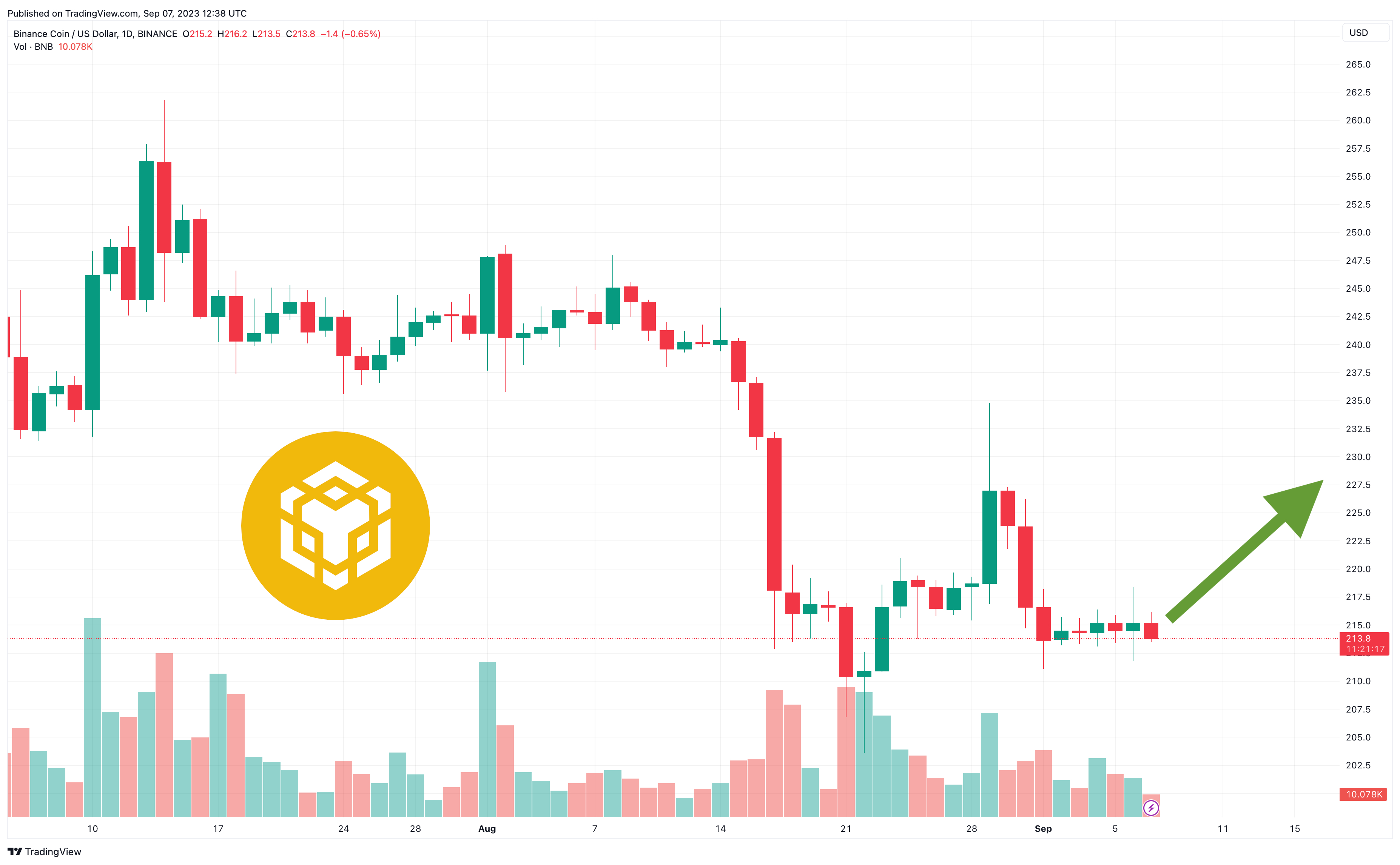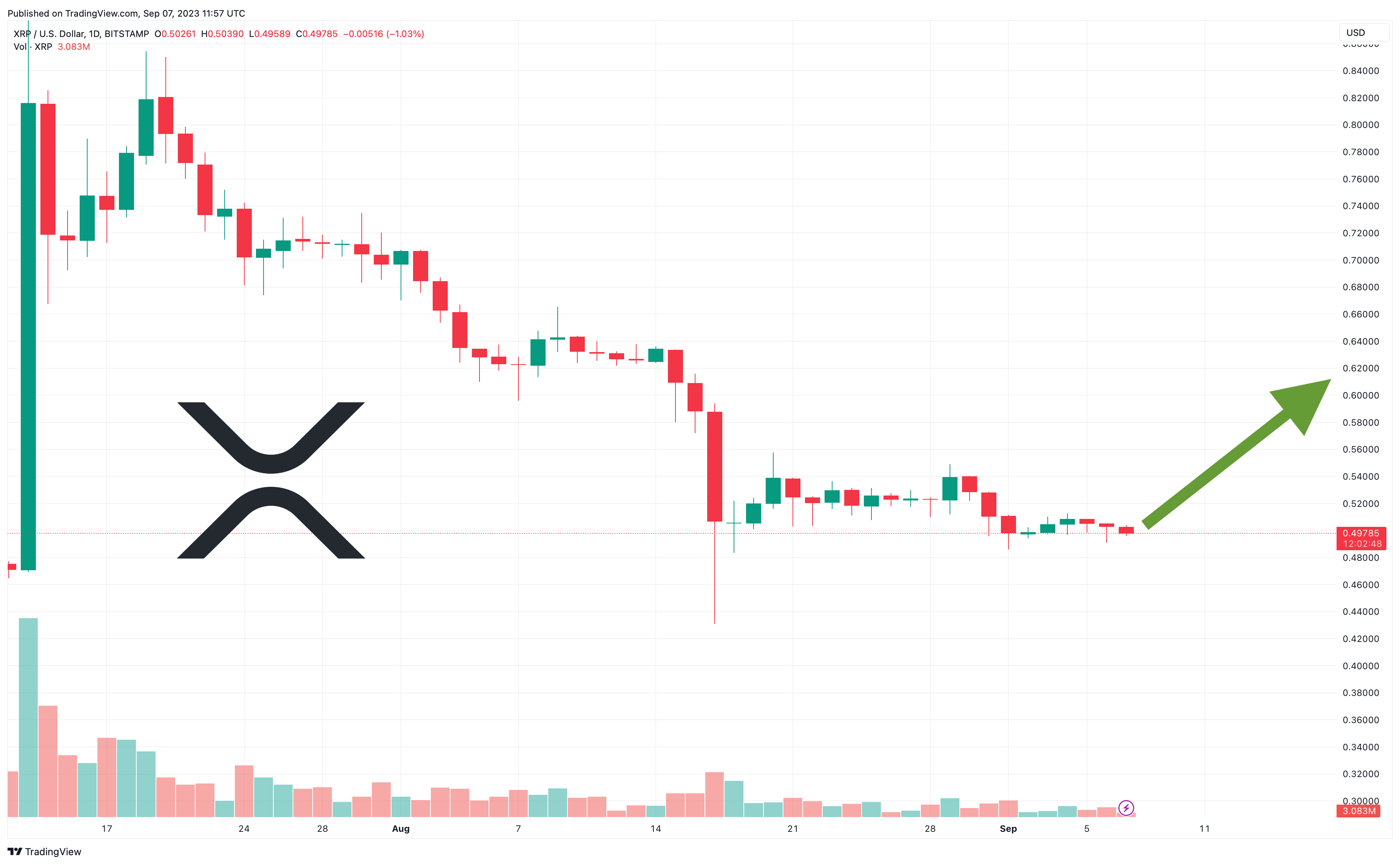How the Biggest Money Experiment in Human History Will Impact Global Payments

Ran Goldi is VP of Payments for Fireblocks, a provider of digital asset infrastructure.
__________
The potential impact of a global blockchain payment system has been the focus of many recent discussions. Some might argue that the glass is half empty. However, through countless studies, researchers are proving that the glass is in fact half full. Deloitte’s recent study points out that payment transactions through blockchain technology are not only 40% to 80% cheaper than traditional processes but are also ‘astronomically quicker than conventional cross-border transfers due to being near-instantaneous’.
Similar to telephones, which evolved from PSTN lines to copper lines to 4G and now 5G, the world of payments is undergoing a transformation as it adapts to using blockchain technology to meet the scalability and borderless demands of a fast-growing global economy.
Blockchains & global payments: yesterday, today, and tomorrow
For too long, the payments space has dealt with challenges of high cost, lack of transparency, limited speed, and accessibility. Traditionally, the payments system works with trusted sources (a.k.a. middlemen) and third parties who act as critical facilitators in transaction processes. These facilitators make transactions more expensive as each vendor/middleman takes small cuts/fees.
Furthermore, traditional payment systems are much more time-consuming and inconvenient. In addition to international payments taking days to complete, the obstacle of working hours in various timezones, and the need for oversight and transactors 24/7, regardless of weekends and holidays, they are way more prone to holdbacks and fraud due to a lack of transparency.
Think back to 2018, when nearly 78% of businesses reported a case of fraud in B2B payments.
Today, blockchain technology offers lower costs, faster transaction speeds, increased security, and complete transparency to all users within the financial sector. Merchants and retailers who once depended on middlemen to transfer money from Point A to Point B now see accountability, transparency, and greater improvements in terms of speed and costs.
As digital payments are proving to work exceptionally well within developed countries’ markets, by extension, the movement is now opening doors to faster cross-border payments and global transfers. Currently, cross-border payments are haphazardly patched together. However, with the adoption of digital payment systems, we will witness a world-changing, seamless process born, changing the way we interact with value across borders forever.
Transforming global commerce
A recent report from Insider Intelligence stated that by 2023, 5.5 million US adults, or 2.3% of US Internet users, would use digital currencies and cryptocurrencies to make payments.
With key players such as Visa, MasterCard, Strike, Stash, and many more aggressively entering the digital payments space, one can only imagine the impact of blockchain technology on the financial industry. Enablers like digital currencies, tokenization of currencies, issuance of stablecoins, on-chain transactions, and more are all key players in this mass adoption of digital payments and currencies.
Multinational or financial companies are just some of the ones who crave a piece of this pie.
Every prominent bank in the world is currently pondering digital payments or experimenting with the goal of remaining competitive, innovative, and relevant. 100% of the world’s banks are awaiting clarity, and 90% of them are awaiting regulatory clearance. While the smaller, less prominent banks are held back either due to their risk appetite or unclear regulations, they are slowly making their way into the new world of digital payments.
However, these inhibitors are soon to become obsolete as stablecoin regulators are aggressively pushing the regulatory movement forward and opening doors worldwide.
When it comes to digital asset payments, the glass is half full
No matter where you stand on this debatable crossroad of blockchain technology and its impact on the global payments system, it is inevitable to conclude that digital currency technology is here to stay. With every bank and company already thinking of or racing towards digital currencies, it is only a matter of who crosses the finish line first.
With that being said, increased participation from developed and developing countries stands to produce substantial benefits through blockchain technology’s global impact. Within the next five years, the world will witness both a proliferation of consumer enablers and many of the world’s most renowned banks diving head-first into what will soon prove to be the future of finance.
____
Learn more:
- World Economic Forum Says Crypto and Blockchain Technologies Will Continue to be an "Integral" Part of Modern Economy
- Billionaire Tim Draper Says El Salvador Will Become One of the Richest Countries on Earth For This One Reason
- Sberbank's Blockchain Platform to be Ethereum-Compatible
- DBS Completes Repurchase Transaction on a Blockchain-based Network
- PayPal to Expand its Crypto Service to Luxembourg
- Looking at DeFi's Untapped Potential













